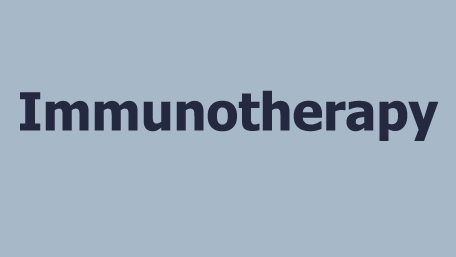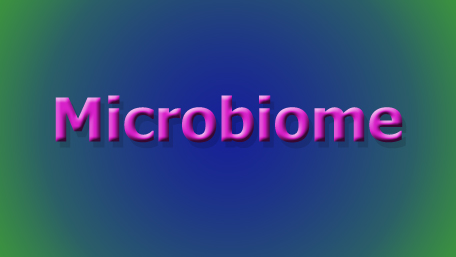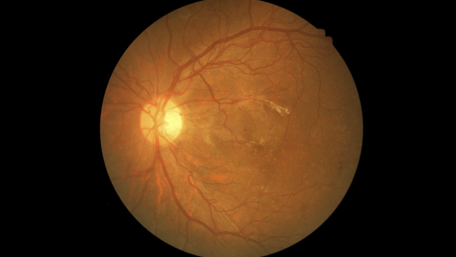
11/08/2019
Hot Topics of the Day are picked by experts to capture the latest information and publications on public health genomics and precision health for various diseases and health topics. Sources include published scientific literature, reviews, blogs and popular press articles.
Sign up MyPHGKB to receive the daily hot topic email alert.
Archived Hot Topics of the Day By Date
Evolutionary divergence of HLA class I genotype impacts efficacy of cancer immunotherapy
D Chowell et al, Nature Medicine, November 7, 2019
Genomic and epidemiological evidence of bacterial transmission from probiotic capsule to blood in ICU patients
I Yelin et al, Nature Medicine, November 7, 2019
All children to receive whole genome sequencing at birth
The Telegraph, November 7, 2019
Ensuring the Life-Span Benefits of Newborn Screening.
Kemper Alex R et al. Pediatrics 2019 Nov
The Next Generation Sequencing Quality Initiative
CDC, November 2019

TRIDENT-2: National Implementation of Genome-Wide Non-Invasive Prenatal Testing as a First-Tier Screening Test in the Netherlands
AJHG, November 7, 2019
Potential risks and solutions for sharing genome summary data from African populations
N Tiffin, Genome Medicine, November 7, 2019
From cytogenetics to cytogenomics: whole-genome sequencing as a first-line test comprehensively captures the diverse spectrum of disease-causing genetic variation underlying intellectual disability
A Linstrand et al, Genome Medicine, November 7, 2019
Association of Genetic Variants With Primary Open-Angle Glaucoma Among Individuals With African Ancestry
JAMA Network Open, November 7, 2019
Disclaimer: Articles listed in Hot Topics of the Day are selected by Public Health Genomics Branch to provide current awareness of the scientific literature and news. Inclusion in the update does not necessarily represent the views of the Centers for Disease Control and Prevention nor does it imply endorsement of the article's methods or findings. CDC and DHHS assume no responsibility for the factual accuracy of the items presented. The selection, omission, or content of items does not imply any endorsement or other position taken by CDC or DHHS. Opinion, findings and conclusions expressed by the original authors of items included in the Clips, or persons quoted therein, are strictly their own and are in no way meant to represent the opinion or views of CDC or DHHS. References to publications, news sources, and non-CDC Websites are provided solely for informational purposes and do not imply endorsement by CDC or DHHS.
- Page last reviewed:Feb 1, 2024
- Page last updated:Apr 25, 2024
- Content source:









